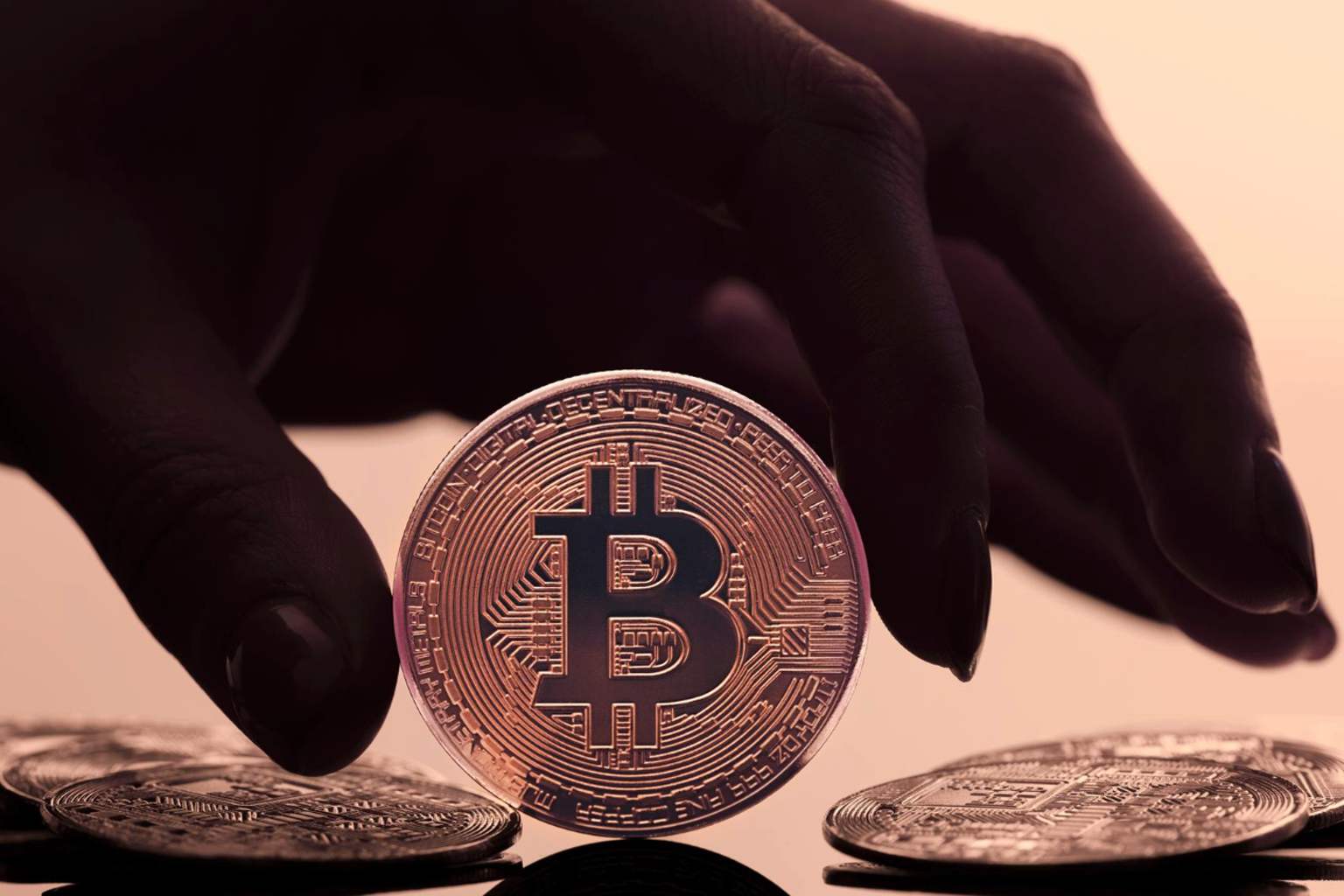Have you ever imagined waking up one day to find that all your digital savings have vanished? This nightmare became a reality for a woman who lost a staggering $1.3 million worth of bitcoin, stolen through a surprisingly simple vulnerability involving her phone number. Now, she is fighting back by seeking reimbursement from her phone carrier — raising urgent questions about cybersecurity and carrier responsibility.
How the bitcoin theft unfolded through phone number hacking
The heart of the story lies in the method the thief used: a hacking technique called SIM swapping. This involves tricking a mobile carrier into transferring a victim’s phone number to a new SIM card controlled by the hacker. Once the thief has access to the number, they can bypass two-factor authentication tools that send verification codes via text or phone calls.
In this woman’s case, the hacker managed to take control of her phone number by deceiving her carrier. With access to her phone number, the criminal was able to break into her cryptocurrency wallets and transfer an estimated $1.3 million worth of bitcoin to unknown accounts. This method exploits the digital identity we all rely on and highlights just how vulnerable phone-based security can be.
The fight for reimbursement and accountability
What’s truly gripping about this story is the next step: the victim’s demand for compensation. Instead of resigning herself to the brutal loss, she held her phone operator accountable, arguing that their negligence made the theft possible. This move has set off conversations on social media and legal circles alike, as many wonder where the responsibility lies when a user’s identity is exploited this way.
The operator’s role in safeguarding customers against SIM swap attacks has come under scrutiny. Many experts argue that carriers should implement stricter verification processes before approving a SIM swap. Meanwhile, victims often find themselves stuck in complex legal battles or forced to absorb major financial losses. This situation raises important questions about how much phone companies should protect their customers and whether victims can be compensated for these breaches.
Lessons in digital safety and the risks of phone-based security
As someone who has experienced a minor version of this, having had my phone number temporarily hacked before, I can say the emotional impact is overwhelming. That violation of privacy and helplessness stays with you long after the theft itself. This story serves as a powerful lesson in digital security: no security method is infallible, especially if it relies heavily on one element, such as your phone number.
If you hold valuable assets like cryptocurrency, double down on security measures. Consider using hardware wallets or authentication apps independent of your phone number. Always be wary of any activity on your phone or with your carrier that seems suspicious. And importantly, push companies to improve their security policies until carriers take stronger measures to protect users from these devastating attacks.
Are you confident in the security your phone carrier offers? Have you or someone you know had experiences with SIM swapping or phone-based identity theft? Share your story and opinions below — these conversations are vital to raising awareness and pushing for better protections in our increasingly digital lives.
For more insights on cybersecurity and the ongoing battle against SIM swap fraud, you can visit the detailed report at <https://www.phonandroid.com>. Your voice matters — let’s protect our digital world together.
